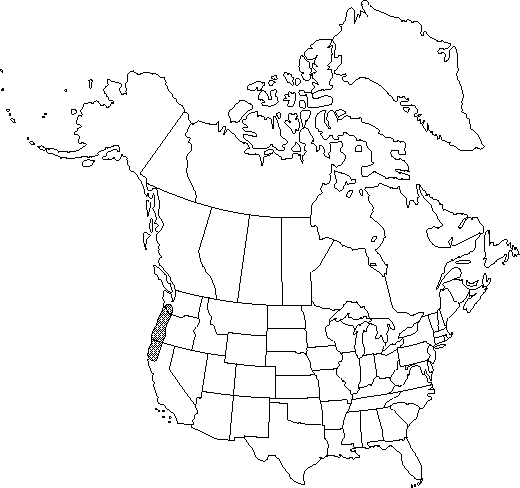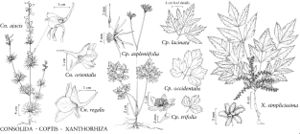Difference between revisions of "Coptis laciniata"
Bot. Gaz. 12:297. 1887.
EndemicIllustrated
Treatment appears in FNA Volume 3.
FNA>Volume Importer |
FNA>Volume Importer |
||
| Line 12: | Line 12: | ||
}}{{Treatment/ID/Special_status | }}{{Treatment/ID/Special_status | ||
|code=F | |code=F | ||
| − | |label= | + | |label=Illustrated |
}} | }} | ||
|basionyms= | |basionyms= | ||
| Line 38: | Line 38: | ||
-->{{#Taxon: | -->{{#Taxon: | ||
name=Coptis laciniata | name=Coptis laciniata | ||
| − | |||
|authority=A. Gray | |authority=A. Gray | ||
|rank=species | |rank=species | ||
| Line 52: | Line 51: | ||
|publication title=Bot. Gaz. | |publication title=Bot. Gaz. | ||
|publication year=1887 | |publication year=1887 | ||
| − | |special status=Endemic; | + | |special status=Endemic;Illustrated |
| − | |source xml=https://jpend@bitbucket.org/aafc-mbb/fna-data-curation.git/src/ | + | |source xml=https://jpend@bitbucket.org/aafc-mbb/fna-data-curation.git/src/f50eec43f223ca0e34566be0b046453a0960e173/coarse_grained_fna_xml/V3/V3_1113.xml |
|genus=Coptis | |genus=Coptis | ||
|species=Coptis laciniata | |species=Coptis laciniata | ||
Revision as of 21:24, 16 December 2019
Rhizomes pale brown. Leaves: blade 2-ternate or ternate with leaflets deeply 3-lobed almost to base; leaflets short- to long-petiolulate, blade ovate to triangular, incised-lobate nearly to midvein, margins sharply serrulate-denticulate. Inflorescences 2-4-flowered, often shorter than leaves at anthesis, 5-10 cm, elongating to 25 cm in fruit. Flowers nodding; sepals reflexed and ascending, linear-lanceolate, 6-11× 0.3-1 mm; petals linear-lanceolate, nectary nearly basal, blade flattened, narrowly ligulate at apex; stamens 10-25. Follicles 5-11; stipe equal to or slightly shorter than body; body oblong, 8-13.5 mm; beak recurved, less than 1mm. Seeds 2-2.5 mm.
Phenology: Flowering spring–summer.
Habitat: Moist woods, stream banks, seeps, and wet cliffs in the coastal mountains
Elevation: 500-2000 m
Distribution

Calif., Oreg., Wash.
Discussion
Selected References
None.
Lower Taxa
None.
